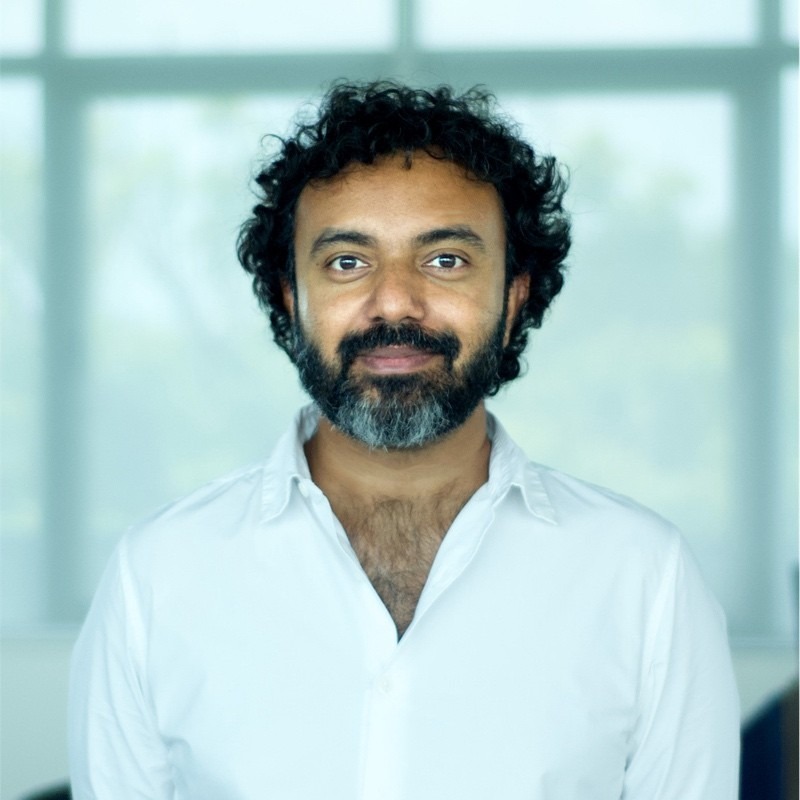Researchers at the Center for Diagnostics and Telemedicine in Moscow have developed an innovative adult head phantom, a groundbreaking device designed for the advancement of injection technique training under ultrasound guidance. This development marks a significant stride in the domestic production of such medical devices.
Yuri Vasiliev, CEO of the Center for Diagnostics and Telemedicine, explained the importance of this advancement. "Aaesthetic medicine under ultrasound control is a growing trend that enhances patient safety during procedures. Injection techniques, including botulinum toxin therapy such as botulinum therapy, which blocks the transmission of impulses from nerve endings to muscles, address various cosmetic and medical issues. These range from muscle spasms and drooling in children with cerebral palsy, to masticatory muscles hypertonicity. The head phantom enables practitioners to refine their skills in a simulated environment, with visualizations of anatomical structures allowing for precise needle placement before injection."
Developed by experts at the Center, the simulator includes features such as a skull, salivary gland, vascular structures, and skin with varying densities and fat layer thicknesses. It allows repeated practice of injection techniques in areas such as the nasolabial folds, lips, forehead, and temporal region.
The "phantom" is a life-sized head model, crafted with silicone skin and anatomically accurate features. Vsevolod Lykhin, a sonographer at the Botkin City Clinical Hospital, highlighted its significance. "The simulator is designed to enhance training effectiveness for certification and accreditation. It's invaluable not only for dermatologists and ultrasonographers in broadening their study range but also in mimicking the main arterial trunks in the face's high-risk areas. This feature is crucial for reducing the risks of intravascular injections."
This development follows the Center's previous creations, including models of the mammary and thyroid glands, a liver phantom, and a model simulating human vessels and nerves. Eight such devices have been developed at the Center, aiding medical professionals in various clinical practices like ultrasound examinations and biopsies.
Founded in 1996, the Center for Diagnostics and Telemedicine is a premier scientific and practical entity within Moscow's social development complex. Its focus areas include the integration of artificial intelligence in medicine, advancements in radial diagnostics, and the educational and scientific development of medical professionals.
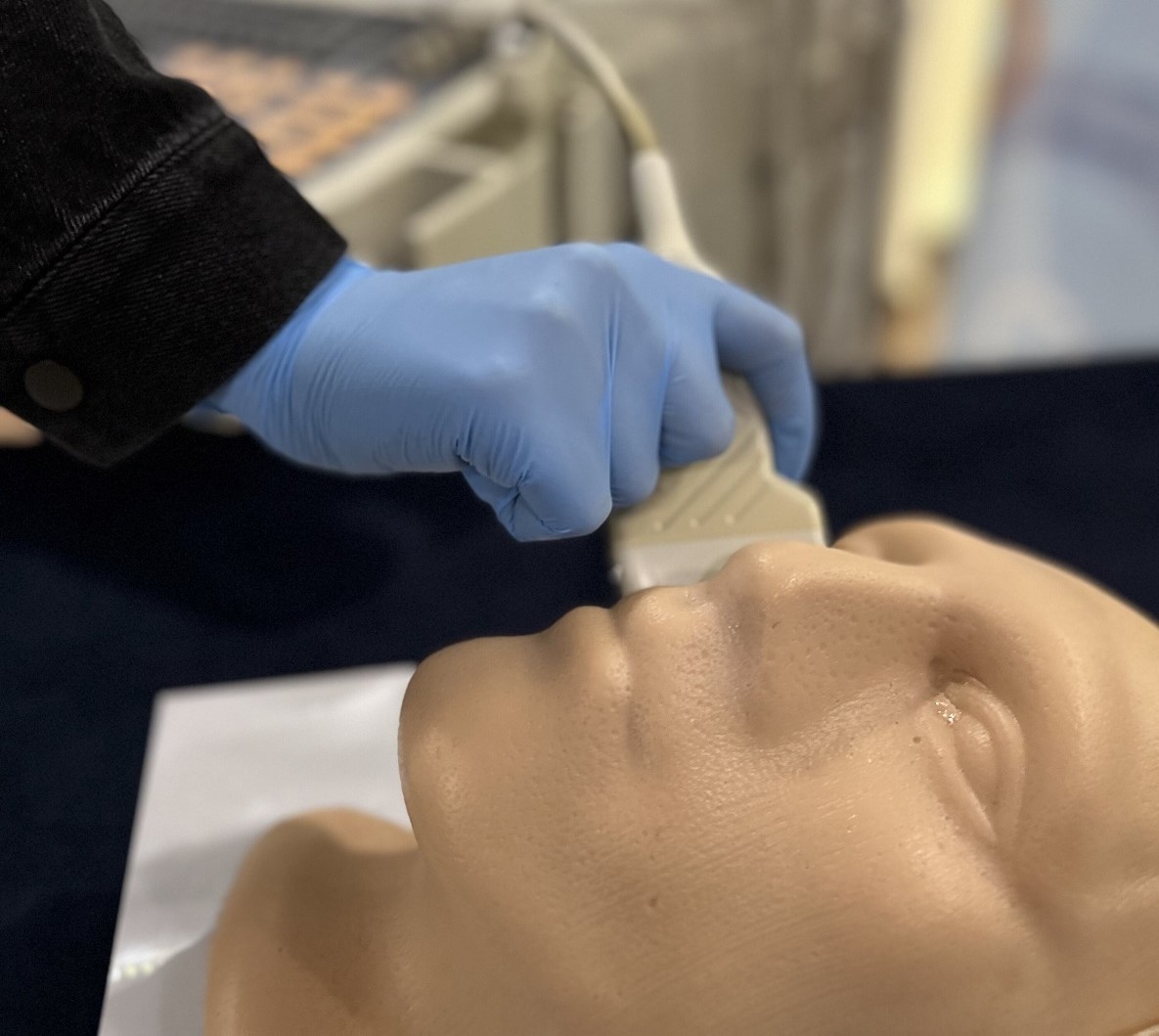
 Researchers at the Center have created an innovative adult head phantom designed for the advancement of injection technique training under ultrasound guidance in aesthetic medicine procedures. This simulator allows for repeated practice of injection techniques in areas such as the nasolabial folds, lips, forehead, and temporal region, with visualizations of anatomical structures for precise needle placement before injection.
Researchers at the Center have created an innovative adult head phantom designed for the advancement of injection technique training under ultrasound guidance in aesthetic medicine procedures. This simulator allows for repeated practice of injection techniques in areas such as the nasolabial folds, lips, forehead, and temporal region, with visualizations of anatomical structures for precise needle placement before injection.










.jpeg)

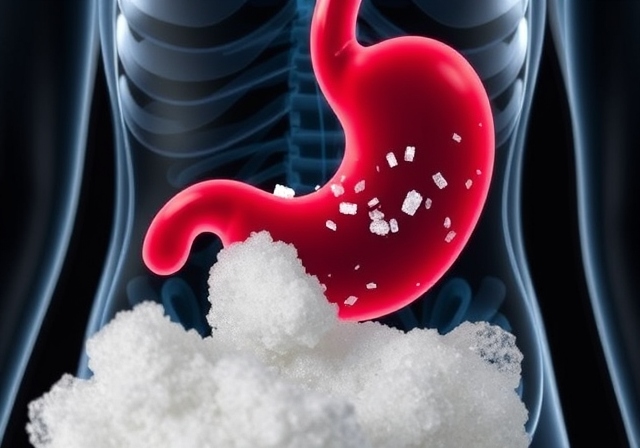
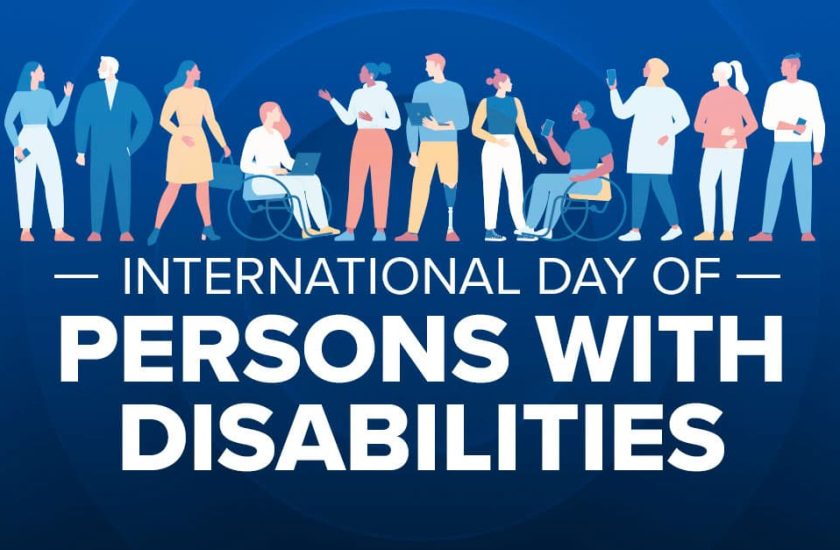



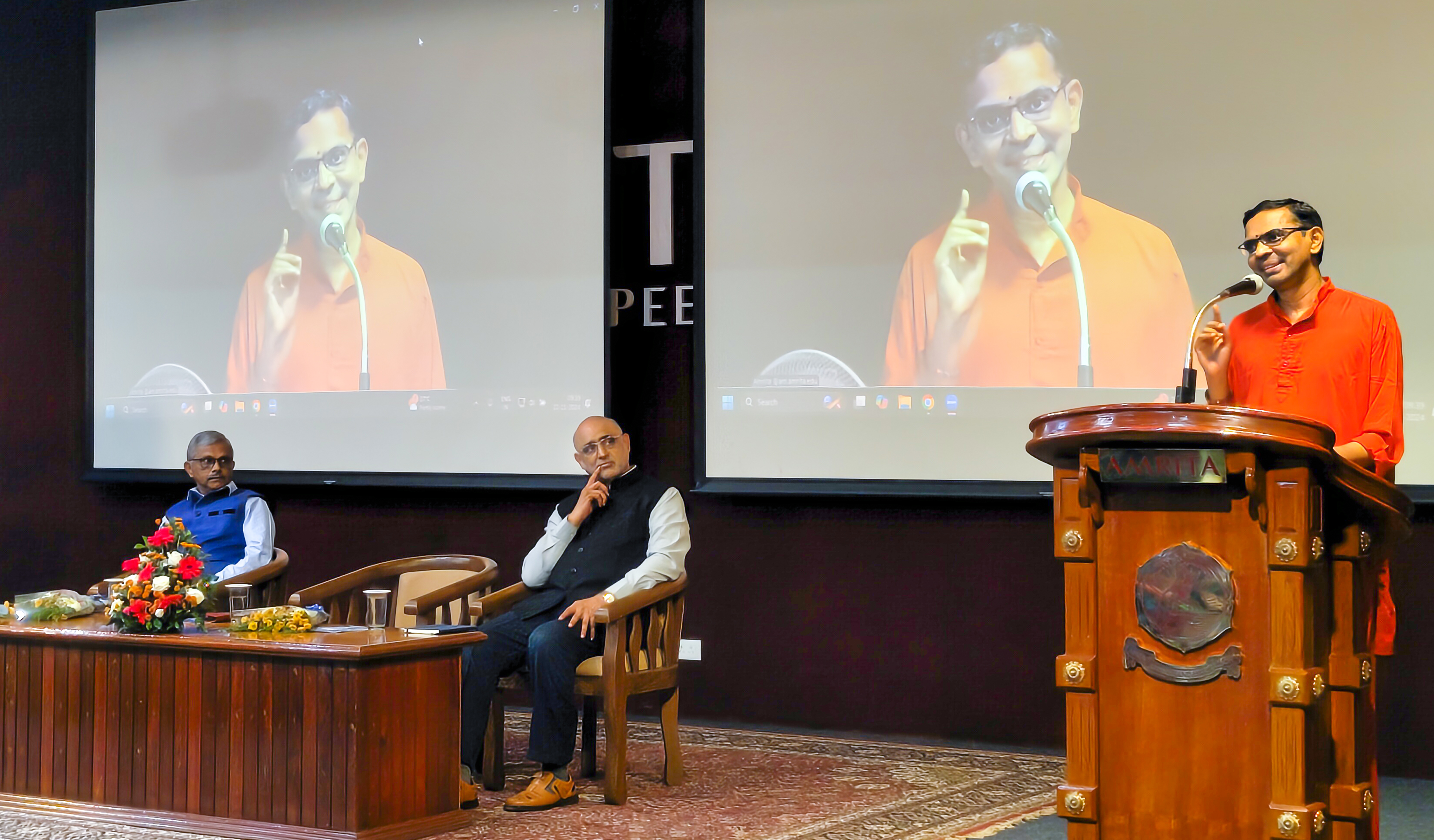
.jpg)
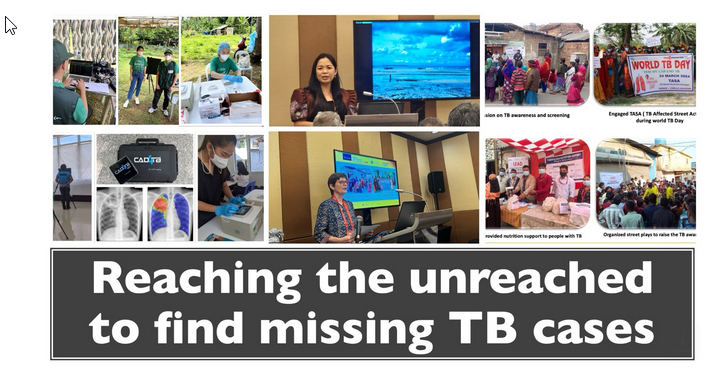


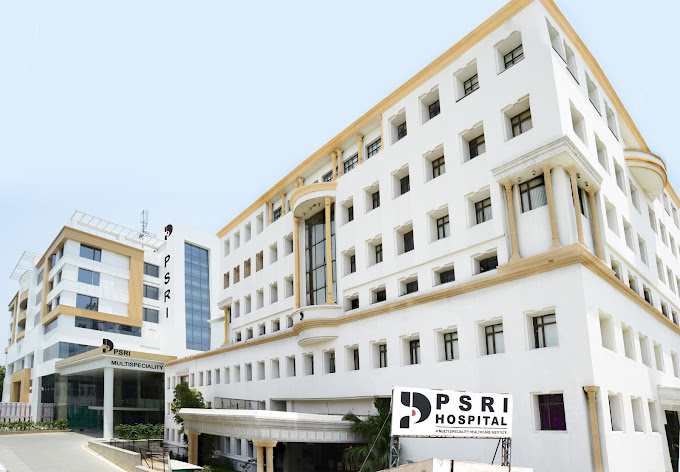
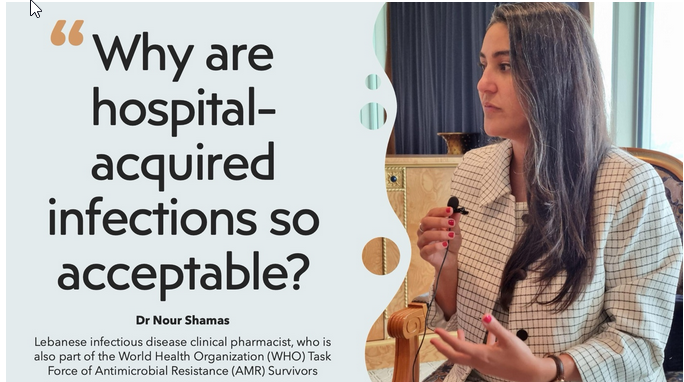


.jpg)



